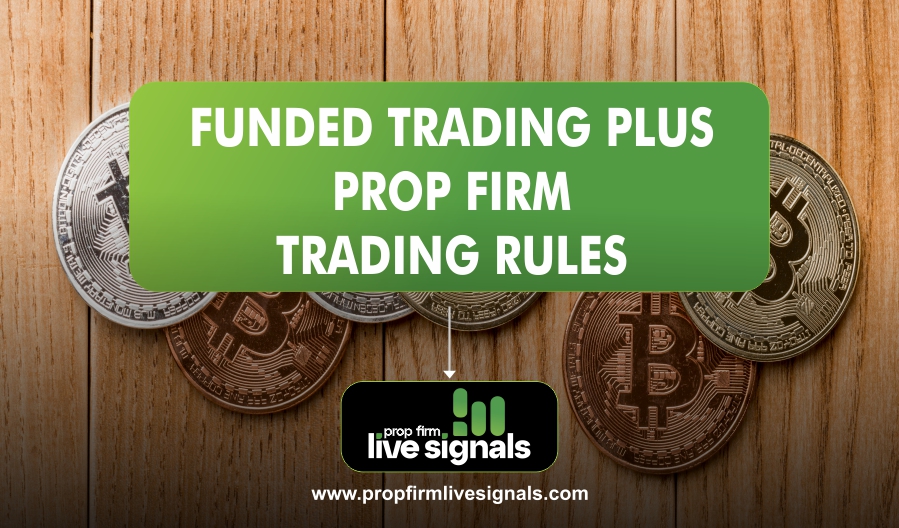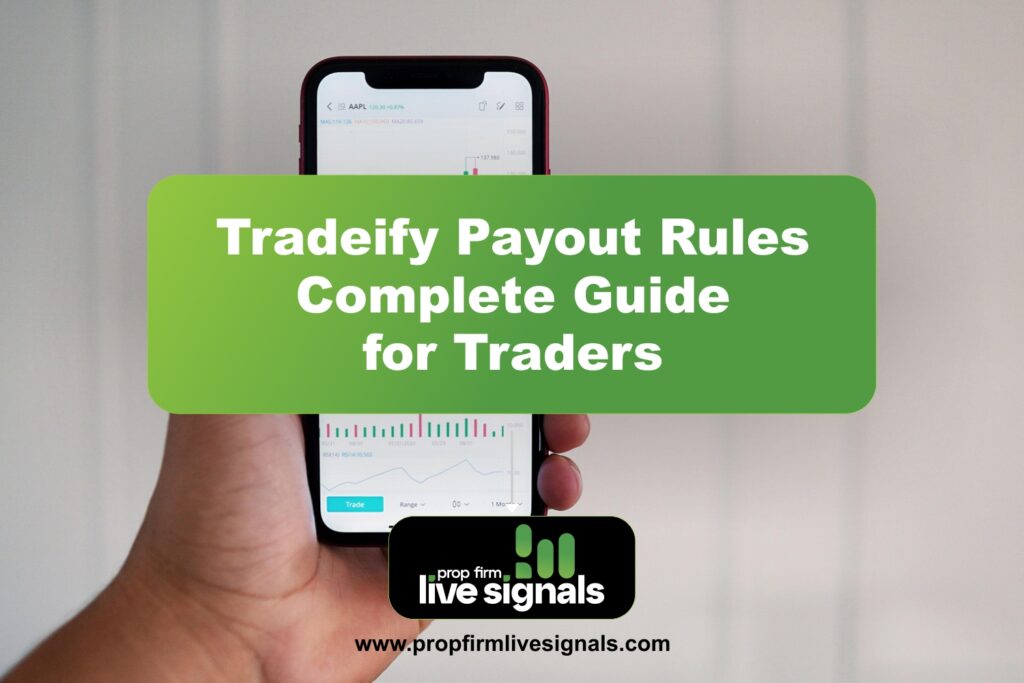Funded trading has become a game-changer in the trading industry, especially for those who lack the personal funds to trade large accounts. Instead of risking their savings, traders can prove their skills through a structured evaluation process and gain access to trading capital from a prop firm. While this opportunity is enticing, success in funded trading depends largely on understanding and adhering to the trading rules set by these firms. Breaking these rules can lead to disqualification or account termination, making compliance essential.
What is a Proprietary Trading Firm (Prop Firm)?
A proprietary trading firm, or prop firm, is a company that provides traders with capital to trade financial markets using the firm’s funds rather than their own. The primary goal of these firms is to generate profits through skilled traders who can successfully navigate financial markets and execute profitable trades. Unlike traditional brokerages, where individual traders use their own money, prop firms take on the financial risk while allowing traders to earn a share of the profits.
How Prop Firms Operate
Prop firms select traders through an evaluation process, usually consisting of one or two phases. These phases assess a trader’s ability to manage risk, achieve profit targets, and adhere to the firm’s trading rules. Once a trader passes the evaluation, they receive a funded account and are required to follow strict risk management policies to maintain their position within the firm.
Types of Prop Firms
Prop firms can be broadly classified into two categories:
- Traditional Proprietary Trading Firms: These firms hire professional traders as employees, providing them with capital, salaries, and bonuses based on performance. Examples include large financial institutions and hedge funds.
- Retail Prop Firms: These firms offer independent traders the opportunity to qualify for funded accounts by completing an evaluation challenge. They do not provide salaries but offer profit splits where traders keep a percentage of their earnings.
How Funded Trading Works
Funded trading typically follows a structured process:
- Evaluation Phase – Traders must pass a challenge or assessment by proving their trading skills.
- Verification Phase – Once the evaluation is successful, traders move to a verification phase where they continue to demonstrate consistency.
- Live Account (Funded Stage) – Upon passing the verification, the trader is given a live funded account to trade and earn profits.
Funded Trading Plus Prop Firm Trading Rules
To ensure profitability and risk management, prop firms have strict trading rules that traders must follow. These include:
1. Profit Targets
Prop firms set a minimum profit percentage that traders must achieve during the evaluation phase. For example:
- A trader may be required to make 8% profit in the evaluation stage.
- After passing, they need to achieve 5% profit in the verification stage.
2. Daily Drawdown Limits
This rule ensures traders do not risk too much in a single day. A common daily drawdown limit is 5% of the account balance.
3. Maximum Drawdown Limit
Traders cannot exceed a maximum overall loss (e.g., 10% of the account balance). If they do, they fail the challenge or lose their funded account.
4. Trading Time Restrictions
Some firms do not allow trading during high-impact news events such as NFP (Non-Farm Payroll), FOMC meetings, or interest rate decisions.
5. Consistency Rules
Traders must maintain consistency in trade sizes, lot sizes, and risk management. This prevents traders from making large, random trades that could wipe out accounts.
6. Holding Positions Overnight & Over the Weekend
Some prop firms do not allow traders to hold positions overnight or over the weekend to prevent risks due to unexpected market movements.
7. Leverage Restrictions
Leverage is the borrowed capital that increases the size of a trade. Some prop firms restrict leverage to 1:10 or 1:30, while others offer 1:100 or higher.
8. Scaling Plan
Some firms offer a scaling plan, which increases the trader’s capital as they show consistent profitability.
9. Use of Expert Advisors (EAs) & Copy Trading
Certain firms do not allow the use of trading robots (EAs) or copy trading services.
Pros and Cons of Funded Trading
Pros:
- No personal capital required.
- Access to larger capital for trading.
- Profit-sharing opportunities.
- No liability for losses (firm bears the risk).
Cons:
- Strict trading rules must be followed.
- Evaluation fees can be expensive.
- Profits are shared with the firm.
- Some firms have challenging restrictions.
Conclusion
Funded Trading Plus Prop Firm Trading offers traders a chance to access significant capital, but it comes with strict trading rules. To succeed, traders must understand the profit targets, drawdown limits, leverage restrictions, and risk management rules imposed by prop firms.
By choosing a reputable prop firm and following the rules diligently, traders can build a profitable career without risking their own money. However, traders should always be cautious, read the terms carefully, and ensure they are prepared for the challenges before diving into funded trading.
Frequently Asked Questions (FAQs)
What happens if I fail the challenge?
Most firms allow traders to retake the challenge at a discount or retry for free under specific conditions.
How do I withdraw profits from a funded account?
Once traders become funded, they can request withdrawals based on the firm’s profit-sharing model. Some firms pay weekly, while others pay monthly.
Can I use my trading strategy?
Yes, as long as it complies with the firm’s rules. Some firms restrict scalping, hedging, or high-frequency trading.
Is prop firm trading legal?
Yes, prop firms operate legally, but traders should research and choose reputable firms.
How do prop firms make money?
Prop firms earn from:
- Evaluation fees (from traders taking challenges).
- Profit-sharing (taking a cut from traders’ earnings).
Which is the best prop firm?
The best firm depends on individual preferences, trading style, and risk tolerance. Some firms have high profit splits but strict rules, while others have relaxed rules but lower payouts.


